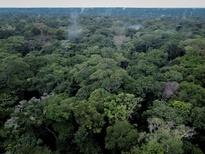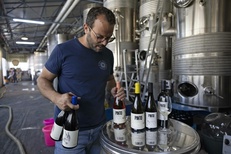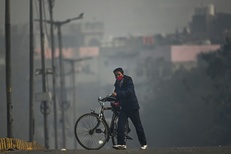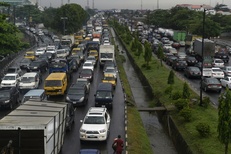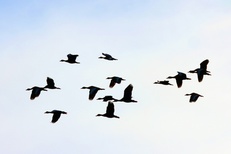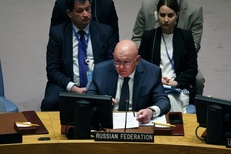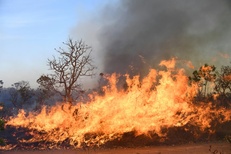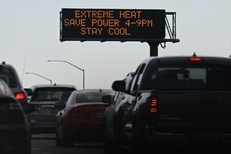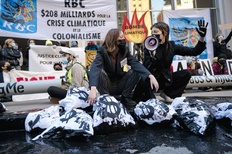Scientists fight to protect DR Congo rainforest as threats increase
A tower bristling with sensors juts above the canopy in northern Democratic Republic of Congo, measuring carbon dioxide emitted from the world's second-largest tropical rainforest. . Sibret said more time is required to draw definitive conclusions from the data gathered by DRC's flux tower, but one thing is certain: The rainforest sequesters more greenhouse gases than it emits.
